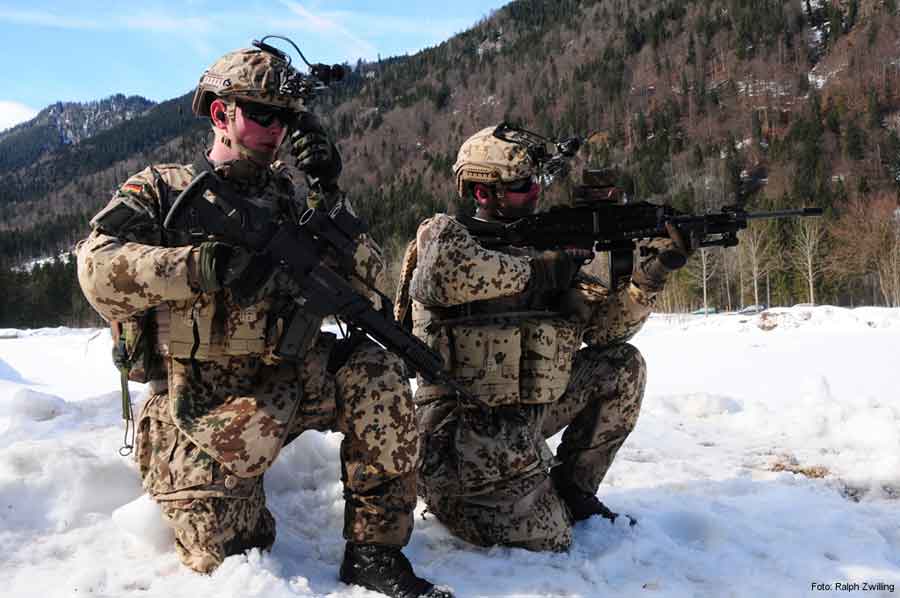War enhances health technology in ways that are beneficial. In World War II, the Allies made significant medical advances in developing antibiotic drugs and performed life-saving blood transfusions. Now, militaries the world over are developing keen interest in the human body and brain and aim to create armies of mutant soldiers equipped with unstoppable physical and mental powers.
According to the UK MoD, within the next three decades, British soldiers will have the ability to lift huge weights, run extreme distances at high speeds, have infra-red night vision and be capable of transmitting thoughts by electronically-aided telepathy.
An MoD report entitled ‘Global Strategic Trends Out to 2040’ predicts that advanced drug and genetic technologies will enable armies to re-program the genes of soldiers in order to transform them into daunting fighters. High-tech brain implants could transform soldiers into super-intelligent man-machines. These brain implants, called ‘cognitive prostheses’, could give soldiers bionic vision and hearing as well as extraordinary IQ and the ability of total recall. Such ‘augmented’ soldiers could even have bodies that self-repair wounds through the use of ‘regenerative medicine, tissue engineering and artificial immune systems’.
Lockheed Martin is also developing an advanced robotic exoskeleton known as the Human Universal Load Carrier, which will enable men to carry massive loads with minimal effort. The skeleton will be highly mobile, ultra-light and attached to the outside of the body with its own titanium legs in order to transfer the weight of the load to the ground. Microcomputers sense the soldier’s body movements and enable it to do exactly what he does, whether it is running, lifting or crawling. Prototype versions are under combat trials in Afghanistan.
Experiments in the US have demonstrated that implant technology could also give soldiers extra senses such as night vision and the ability to perceive magnetic fields.
Other areas of interest are infra-red detection and creation of super blood. Dr Miguel Nicolelis, a neurobiologist at Duke University in North Carolina announced earlier this year that he had given rats the ability to detect infra-red light, normally invisible to them, by fitting them with an infra-red detector wired to microscopic electrodes in their brains.
Doctors have long hoped for the advent of artificial blood that can be stored for years. Chemists at the University of Sheffield have created ‘plastic blood’ that can be successfully donated to patients. With such cataclysmic changes in the offing, can the bionic soldier be far behind?





